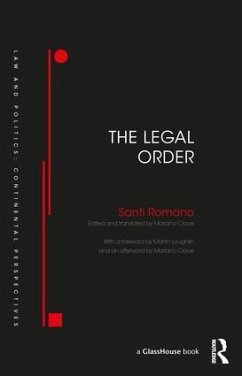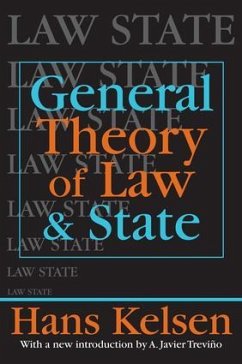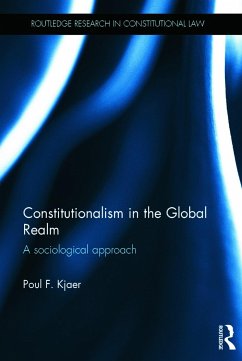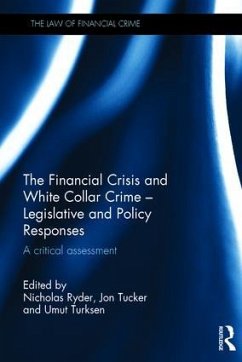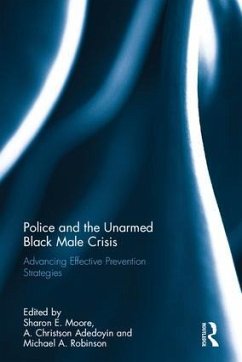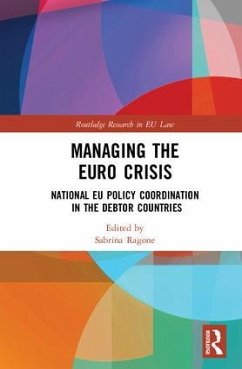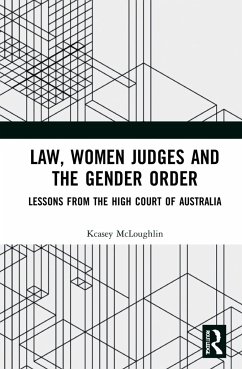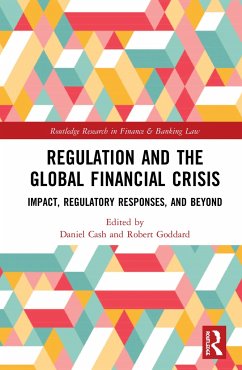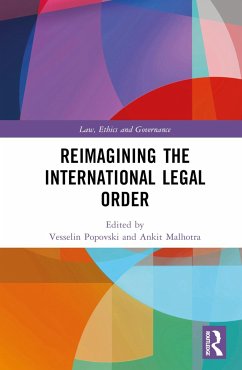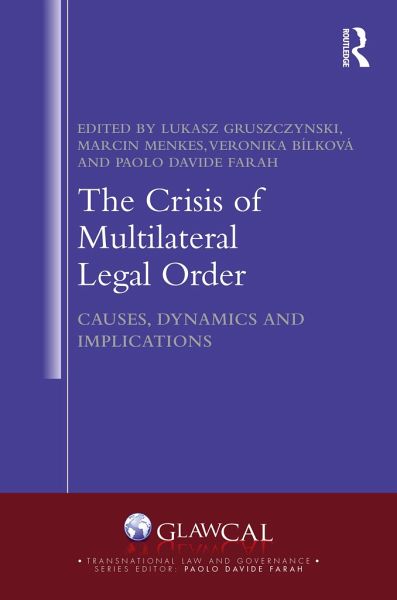
The Crisis of Multilateral Legal Order
Causes, Dynamics and Implications
Herausgeber: Gruszczynski, Lukasz; Bilkova, Veronika; Menkes, Marcin
Versandkostenfrei!
Versandfertig in 1-2 Wochen
168,99 €
inkl. MwSt.

PAYBACK Punkte
84 °P sammeln!
Multilateralism has served as a foundation for international cooperation over the past several decades. Championed after the Second World War by the United States and Western Europe, it expanded into a broader global system of governance with the end of the Cold War. Lately, an increasing number of States appear to be disappointed with the existing multilateral arrangements, both at the level of norms and that of institutions. The great powers see unilateral and bilateral strategies, which maximize their political leverage rather than diluting it in multilateral fora, as more effective ways fo...
Multilateralism has served as a foundation for international cooperation over the past several decades. Championed after the Second World War by the United States and Western Europe, it expanded into a broader global system of governance with the end of the Cold War. Lately, an increasing number of States appear to be disappointed with the existing multilateral arrangements, both at the level of norms and that of institutions. The great powers see unilateral and bilateral strategies, which maximize their political leverage rather than diluting it in multilateral fora, as more effective ways for controlling the course of international affairs. The signs of the crisis have been visible for some time - but recent crises indicate an acceleration of the on-going disintegration of the multilateral system, such as Brexit, growing resistance on the part of States to international monitoring of compliance and the radical change in the US foreign policy during the presidency of Donald Trump which saw the US withdraw from several multilateral agreements (e.g. the Iran Nuclear Deal and the Paris Agreement), leave some international organizations or bodies (e.g. the United Nations Human Rights Council or the World Health Organization) or paralyze some others (e.g. the World Trade Organization (WTO)). Tackling the debate surrounding the crisis of multilateralism and the related transformation of the underlying international legal order, The Crisis of Multilateral Legal Order analyzes selected aspects of the current crisis from the perspective of public international law to identify the nature of the crisis, its dynamics, and implications.



